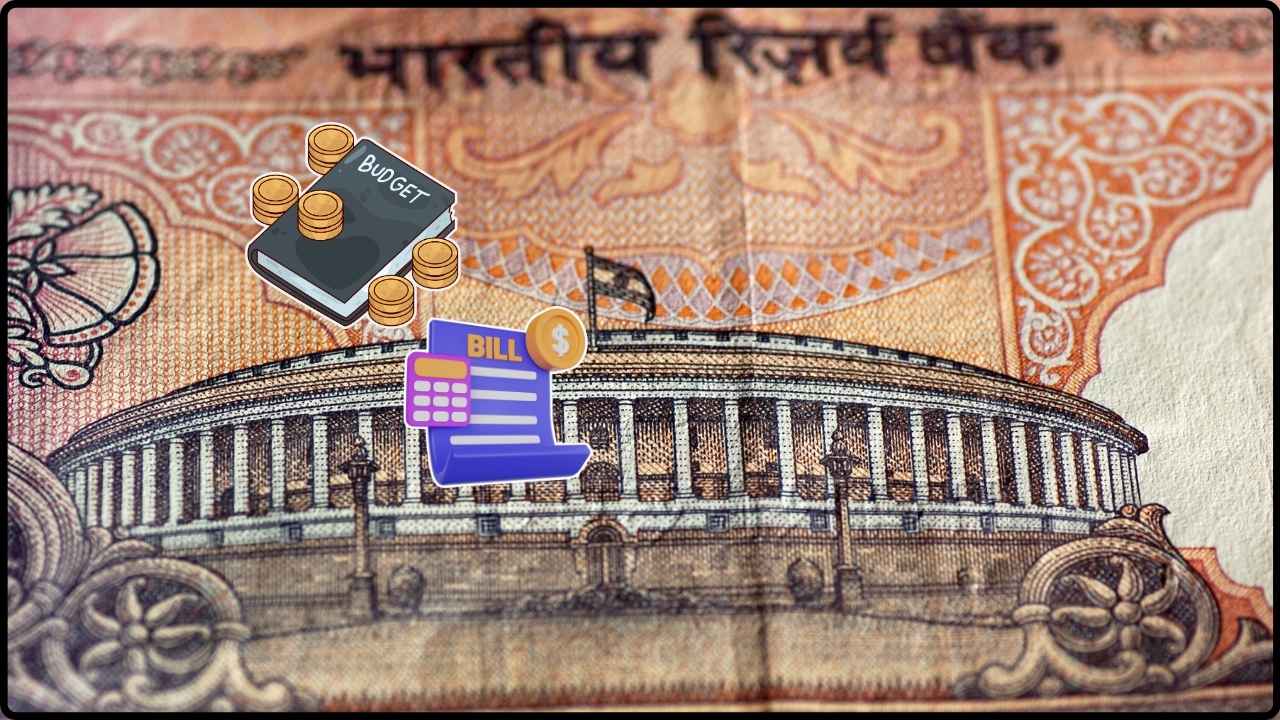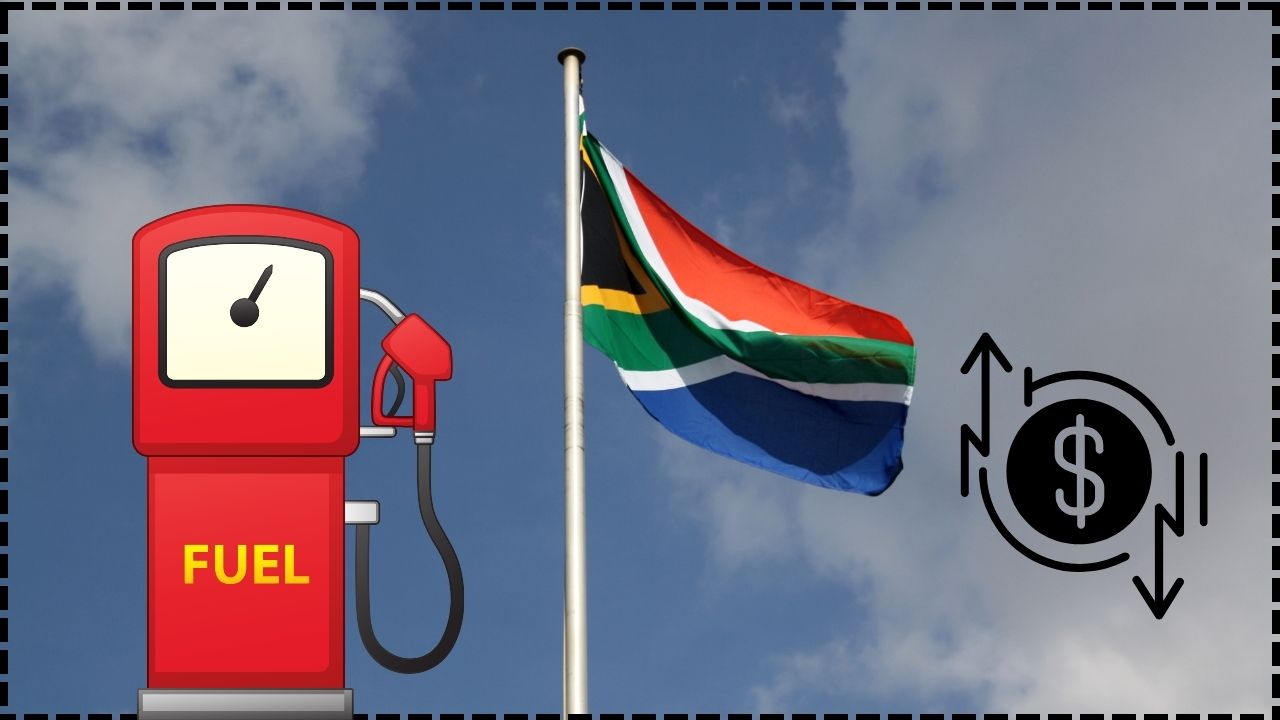Indo-Bangla Trade Crippled: If you’re a trader, exporter, policymaker—or just someone who cares about how borders impact business—then the Indo-Bangladesh trade story is something you can’t afford to miss. Right now, all eyes are on Mahadipur Land Port in West Bengal, a vital trade route connecting India and Bangladesh. This once-bustling checkpoint has become a scene of gridlock and frustration. Why? A combination of political instability in Bangladesh, new Indian trade restrictions, and skyrocketing GST costs is bringing trade to its knees. The headline number? A whopping ₹25 crore in daily trade losses—a figure that’s creating waves across both sides of the border. Let’s dive in and unpack what’s really going on, why it matters, and what can be done about it.
Indo-Bangla Trade Crippled
The Indo-Bangla trade disruption at Mahadipur is more than just a headline—it’s a signal flare. It reveals how vulnerable even well-established trade routes can be when policy, politics, and infrastructure fall out of sync. While exporters and small businesses fight to stay afloat, the long-term solution lies in better regional diplomacy, logistics innovation, and policy clarity on both sides of the border. If India and Bangladesh want their economies to grow together, trade channels like Mahadipur must not just survive—but thrive.

| Section | Details |
|---|---|
| Location | Mahadipur Land Port, Malda district, West Bengal, India |
| Current Crisis | Political unrest in Bangladesh and GST-related logistics bottlenecks in India |
| Daily Estimated Loss | ₹25 crore (peak estimates), ₹5 crore (average confirmed by exporters) |
| Before and After | 350–400 trucks per day ➝ now 150–200 trucks/day |
| Affected Sectors | Construction (stone chips), garments, food processing, jute, MSMEs |
| Import Restrictions | India now requires some Bangladeshi goods to enter only through seaports |
| Official Resources | Land Ports Authority of India, DGFT India, ICEGATE |
The Backstory: Why Mahadipur Is So Important
Mahadipur Land Port is one of the major gateways for India’s land-based trade with Bangladesh, especially for exporters from eastern India. Located in Malda district, it has traditionally handled goods like:
- Stone chips for construction
- Fruits and vegetables
- Jute products
- Garments
- Processed food
Prior to the current crisis, Mahadipur saw a regular flow of 350 to 400 trucks crossing the border each day. That translated to approximately ₹25–26 crore in trade value per day, making it a crucial economic hub for thousands of Indian and Bangladeshi workers.
But since early 2024, that flow has been reduced by half. And with it, livelihoods are suffering, businesses are bleeding, and local economies are gasping for air.
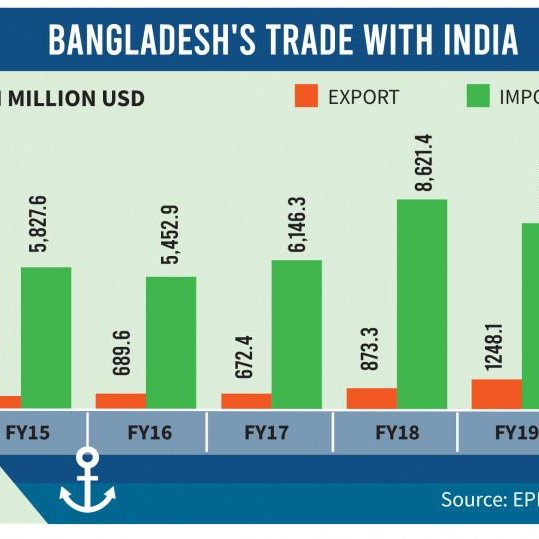
What Triggered the Crisis?
1. Political Chaos in Bangladesh
The crisis began with the fall of Sheikh Hasina’s government in early 2024. Her leadership had ensured trade stability for nearly 15 years. When her government was replaced by an interim setup led by Dr. Muhammad Yunus, the shift led to:
- Civil unrest
- Frequent strikes
- Customs slowdowns
- Political protests targeting transporters
As Bangladesh tried to stabilize internally, the ripple effect across the border was immediate. Exporters in India reported that their goods were either stuck at the border or rejected by overwhelmed customs officials.
2. India’s Import Policy Shift
India, on its part, introduced import restrictions on select Bangladeshi products starting in May 2025. Goods such as:
- Processed food
- Garments
- Jute and yarn
were banned from entering via land ports like Mahadipur and Petrapole. They could now only come in via designated seaports, citing reasons like quality control, monitoring, and trade balance.
This move may have made sense from a regulatory perspective, but for small traders relying on land borders, it’s been a body blow.
3. Increased GST and Rising Logistics Costs
Traders also found themselves squeezed by the rising GST rates on logistics and warehousing. Transporters, dealing with fewer trips and longer idle times, began charging more per consignment. Exporters, particularly those dealing in low-margin goods like jute or vegetables, saw their profits evaporate.
Some key issues:
- Warehousing costs rose by 30%
- Transport charges increased by up to 25%
- Delayed GST refunds added to cash-flow problems
It’s like trying to sell lemonade with taxes on lemons, sugar, AND the stand.
The Numbers Don’t Lie
While the ₹25 crore daily loss figure has made headlines, exporter groups and trade associations offer a more grounded estimate.
According to the Mahadipur Exporters’ Association:
- Over the past 17 months, the port has lost about ₹2,550 crore
- That breaks down to about ₹5 crore/day
- Export volumes have dropped by 40–50%
- Roughly 15,000 people, including truckers, loaders, and small traders, have seen incomes decline
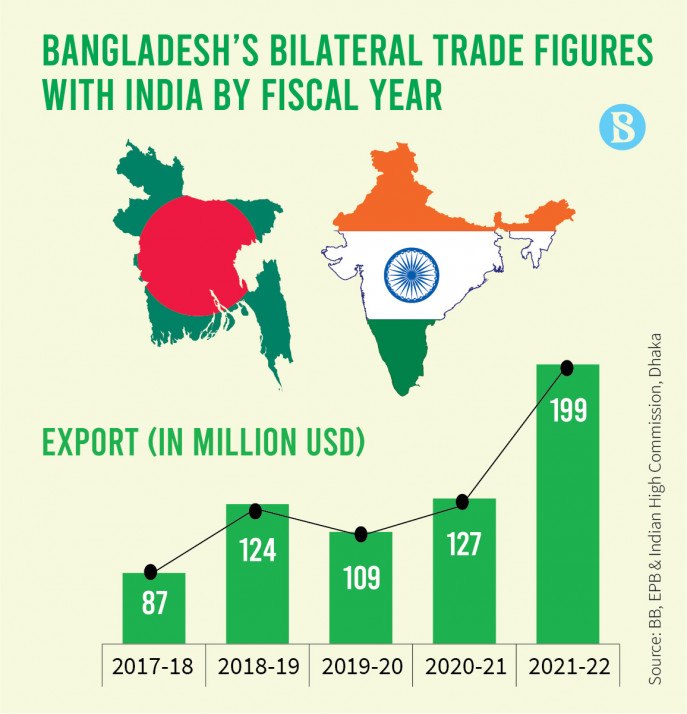
Real-Life Stories: The Human Cost
Here’s what it looks like on the ground:
Ramesh Patel, a stone chip exporter from Malda, says:
“We used to send out 10 trucks a week. Now it’s two. My laborers are sitting idle. I’m still paying for storage, but no goods are moving.”
Salma Khatun, a trader from Dhaka, adds:
“We used to get Indian spices in 48 hours. Now, it takes more than a week, and the prices have doubled.”
These are not isolated voices—they represent thousands caught in a geopolitical squeeze.
What Can Businesses and Exporters Do Right Now: Indo-Bangla Trade Crippled
1. Reroute Through Seaports
Yes, it’s more expensive. But for now, Kolkata and Haldia docks offer more consistent clearance, especially for restricted goods.
2. Go Digital
Digitizing your documentation can help reduce clearance times. Use portals like:
- ICEGATE
- ASYCUDA World (Bangladesh)
3. Lean Into Export Associations
Groups like FIEO, CII, and Mahadipur Exporters’ Association offer legal assistance, trade updates, and connections that individual traders might lack.
4. Tap Into Government Schemes
Check for MSME support programs from the Indian Ministry of Commerce. Some banks are also offering low-interest bridge loans for exporters facing shipment delays.
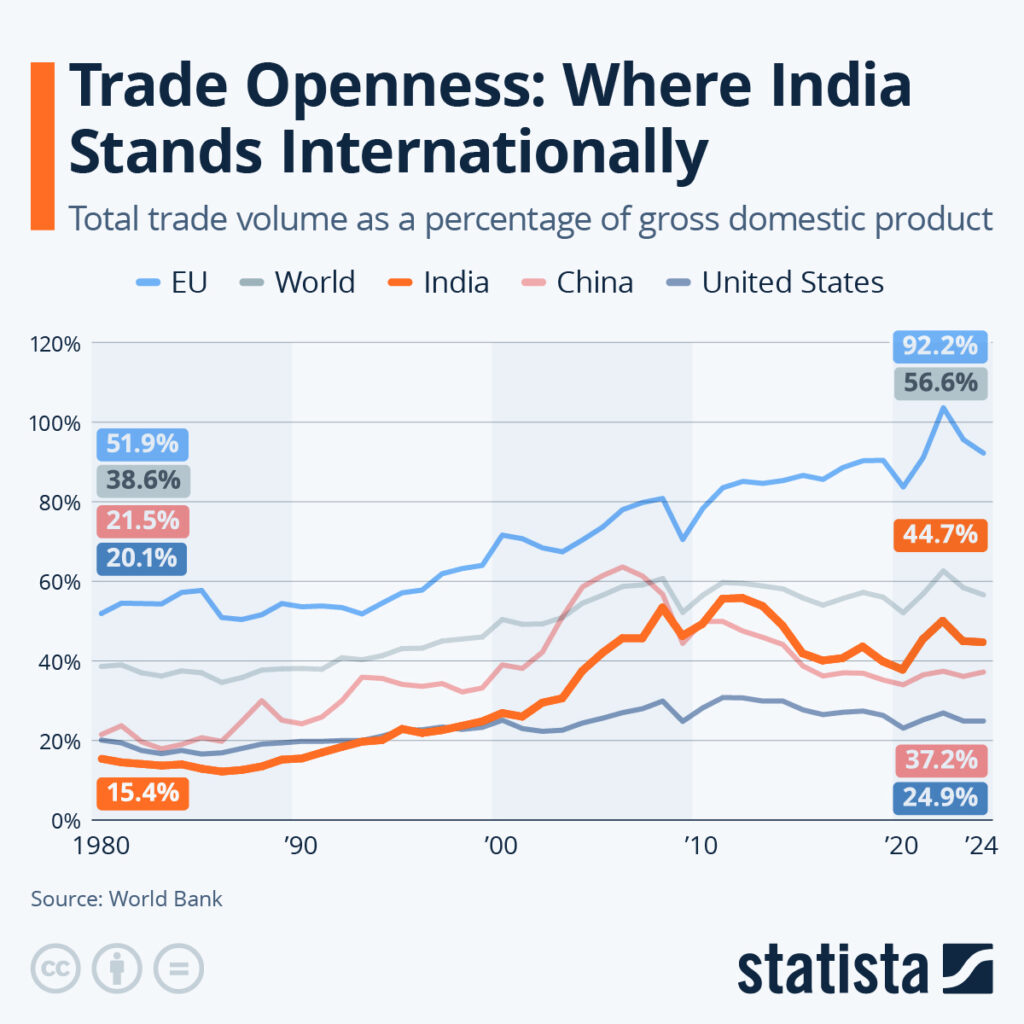
What Needs to Change? A Call to Action
It’s not enough for traders to adjust—the governments of both countries need to step up their game.
For India:
- Reconsider land-port import restrictions on low-risk goods
- Offer temporary GST relief for border trade
- Fast-track customs clearance with digital solutions
For Bangladesh:
- Ensure political stability and safe passage for trade
- Reopen customs at full strength
- Resume bilateral talks to smooth out policy wrinkles
India and Bangladesh share more than borders—they share history, culture, and economies that are deeply tied. Trade isn’t just business—it’s diplomacy in action.
Glossary of Terms
Land Port: A border crossing point where goods are traded by road or rail.
DGFT: Directorate General of Foreign Trade, India’s body regulating imports and exports.
GST: Goods and Services Tax—an indirect tax used in India.
ASYCUDA: Customs automation system used by Bangladesh.
ICEGATE: Indian Customs’ online portal for trade documentation.
How Local Trade Helped July GST Collections Reach an Impressive Rs 1.96 Lakh Crore—The Inside Story
DGFT Expands GAEC Scope: New Amendments Include More Chemicals & Countries in HBP 2023
GST Crackdown in Aligarh: 11 Fake Firms Hit With Notices in Major Fraud Probe


